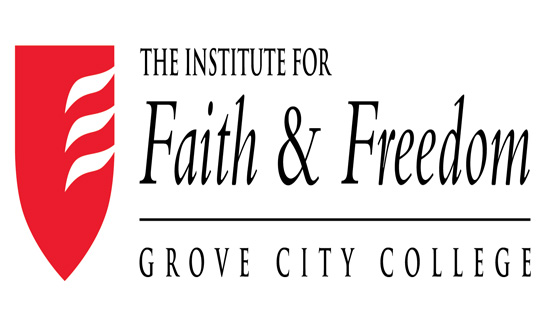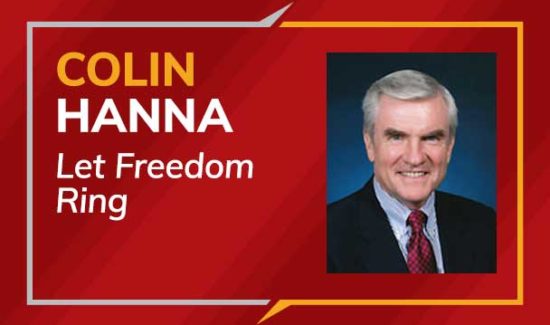Judge Shreds Governor’s Home Health Care Case
Commonwealth Court Questioning Favors Plaintiffs in Major Lawsuit
June 8, 2016, HARRISBURG, Pa.—Today at the Commonwealth Court, judges repeatedly expressed skepticism at Governor Wolf’s legal defense in the Fairness Center’s lawsuit to protect home care recipients and providers from Wolf’s attempt to force unionization on them via executive order.
The suit argues that the order, issued soon after Wolf took office, circumvents the state Legislature and violates the constitutional separation of powers by making law.
Click here for a video of Dave Smith telling his story in his own words.
"Today, questions from the Court made it clear that the governor’s legal case is flimsy at best," commented David Osborne, president and general counsel for the Fairness Center. "The paper-thin argument that Wolf’s order essentially does nothing to change existing law was shredded by the justices who recognized that the order both makes law and effectively sets up a collective bargaining agreement prohibited by state law."
Judge McCullough, in observing that the executive order’s "memorandum of mutual understanding" constitutes a collective bargaining agreement by another name, said, "If it looks like a duck and walks like a duck, it’s a duck."
Judge Leavitt noted that the election process described in the order was "very specific" and "goes to the argument that this [executive order] is setting up a collective bargaining agreement for home care workers that is expressly prohibited by the law."
The governor’s legal defense claimed the order lacks force of law and merely opens lines of communication between the governor and home care providers. Yet Judge Brobson noted, "Just adding a tag line [to the order] doesn’t convert it into a non-law." He continued, "You’re asking us to believe this is something that can just be ripped up and put in the bottom of a bird cage?"
Brobson also highlighted United Home Care Workers of Pennsylvania fliers sent to home care workers across the state urging a vote in a "union" election, including a tear-off to authorize automatic deduction of union dues.
After the governor’s counsel disputed the idea that the order enabled unionization, Brobson asked whether the governor had contacted this union to tell them they were misinterpreting the order. The governor had not done so, according to his counsel.
"The governor’s defense lacks a legal leg on which to stand," Osborne continued. "Today’s questions from the Court underscore that this executive order violates our state constitution and is a significant overreach of executive power."





